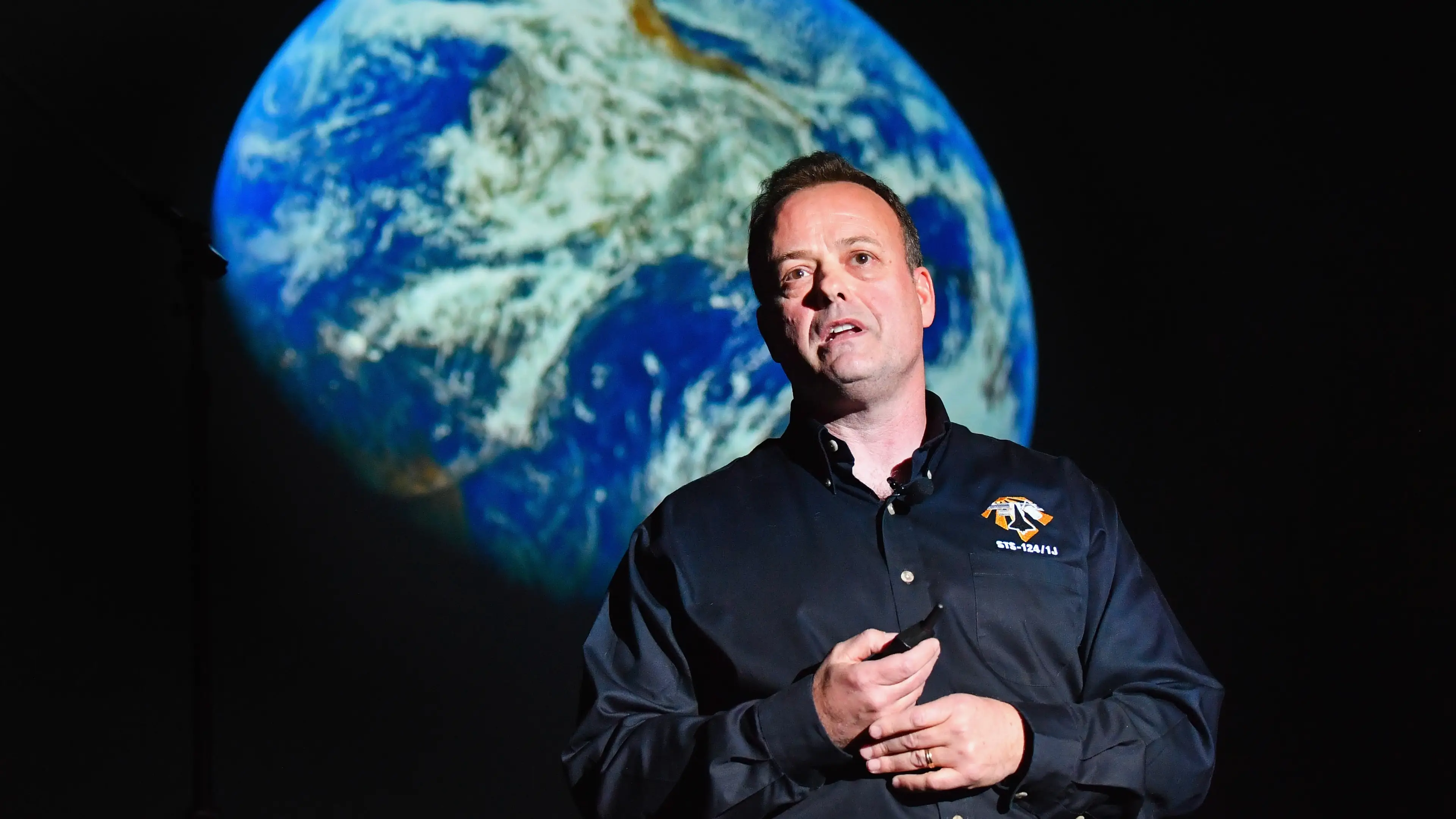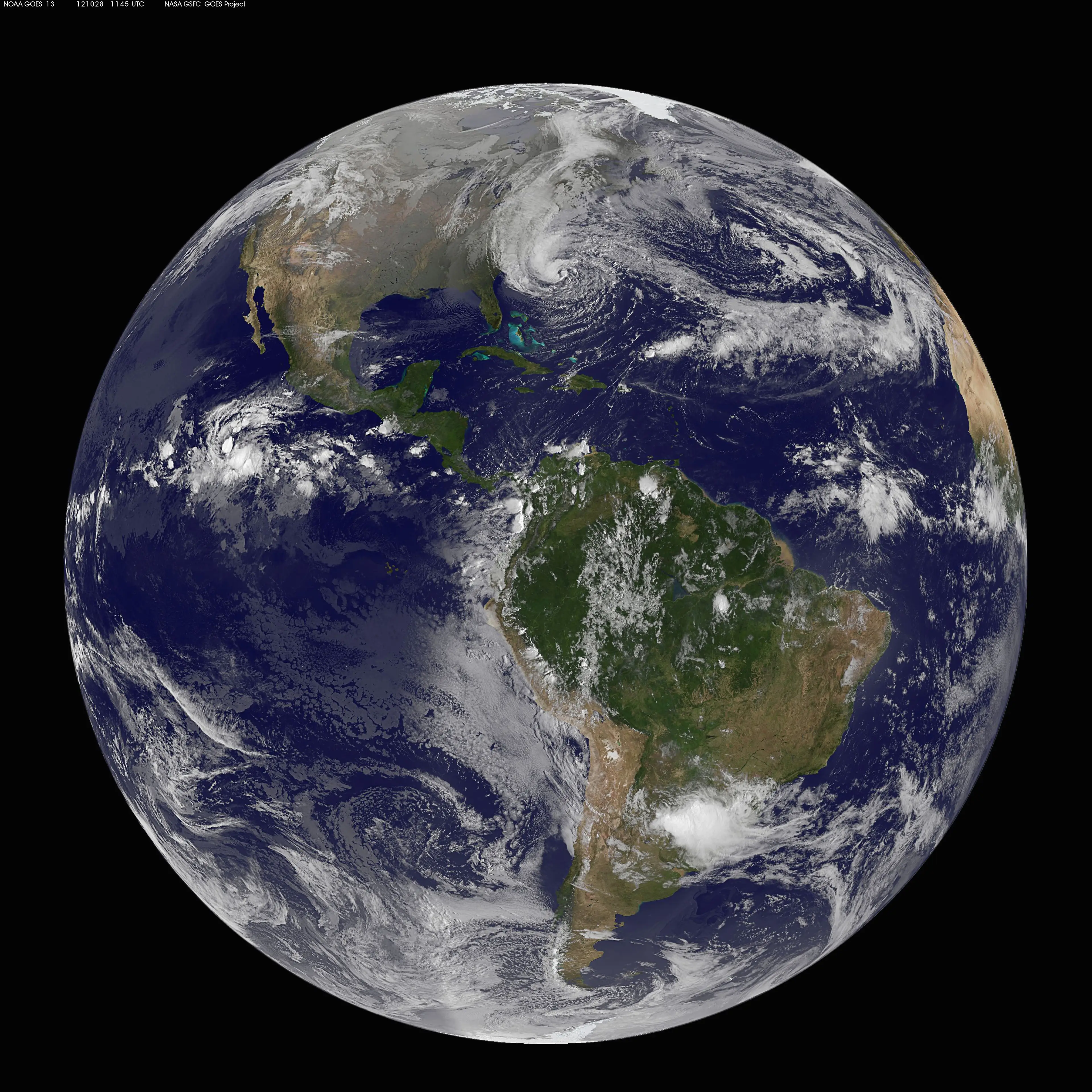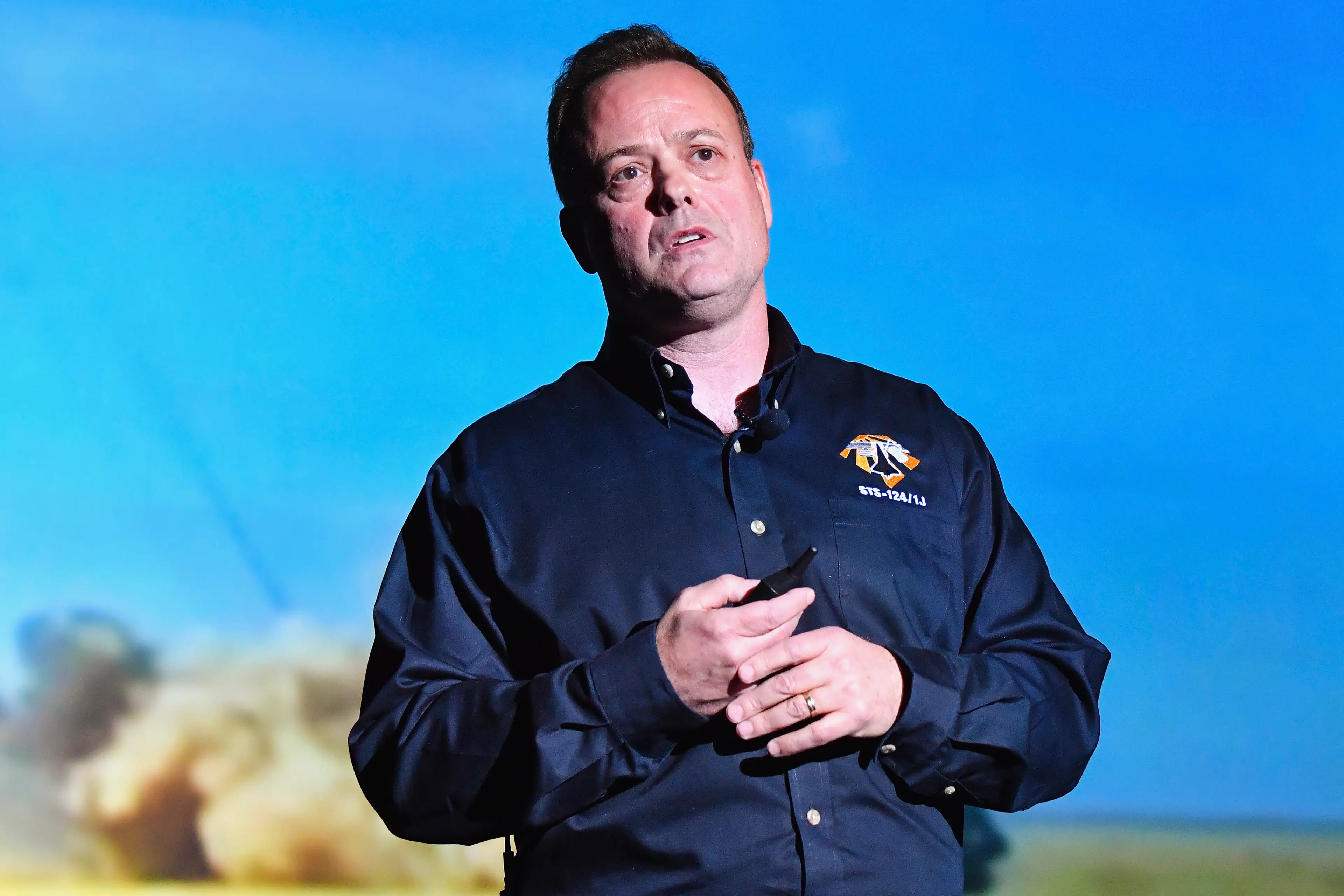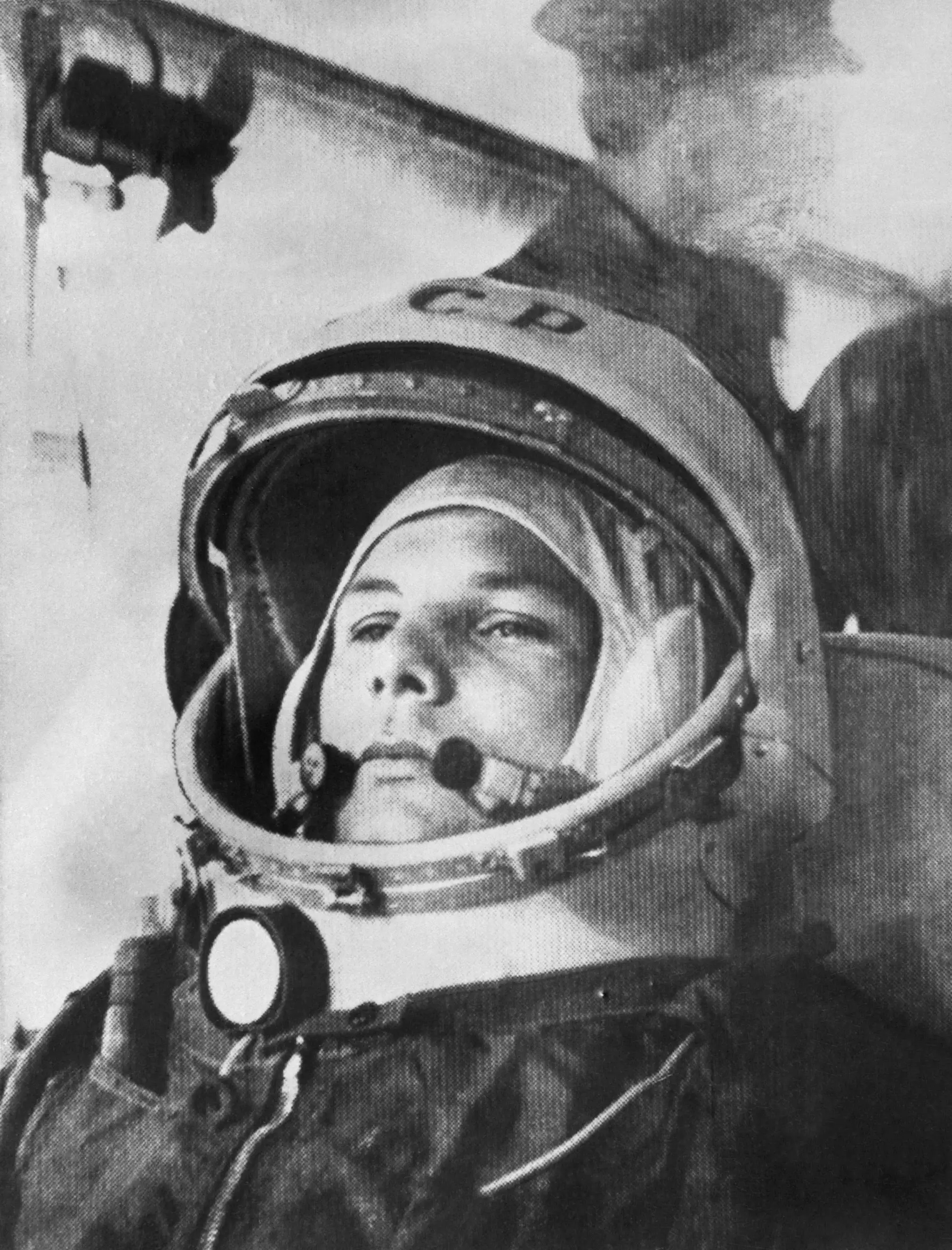
Spending 178 days in space is a long time, and enough to make anybody start thinking deeply about life and the way they live.
An astronaut who did just that, returned to Earth a changed man and has tried to persuade people to live their lives differently after what he saw in space.
Ron Garan has travelled 71 million miles in 2,842 orbits of the Earth, and is one of several people to have gained a new perspective.
Back in April, 1961, Soviet cosmonaut Yuri Gagarin became the first person to venture into space and experience what scientists now call the 'overview effect'.
Advert
Going all the way up into space, looking back at the world and seeing how small it is, shifted something for Gagarin.
“Orbiting Earth in the spaceship, I saw how beautiful our planet is,” he later penned in an autograph. “Let us preserve and increase this beauty, not destroy it.”

According to Time, the 'overview effect' is when astronauts see Earth from above 'as a place where borders are invisible, where racial, religious and economic strife are nowhere to be seen'.
Garan has also echoed these thoughts, recalling what he saw to the Big Think: “When I looked out the window of the International Space Station, I saw the paparazzi-like flashes of lightning storms, I saw dancing curtains of auroras that seemed so close it was as if we could reach out and touch them.
“I saw the unbelievable thinness of our planet's atmosphere. In that moment, I was hit with the sobering realisation that that paper-thin layer keeps every living thing on our planet alive.”
He added: “I saw an iridescent biosphere teeming with life, I didn't see the economy. But since our human-made systems treat everything, including the very life-support systems of our planet, as the wholly owned subsidiary of the global economy, it's obvious from the vantage point of space that we're living a lie.”

Garan says we all need to change our priorities, and quickly.
“We need to move from thinking economy, society, planet to planet, society, economy. That's when we're going to continue our evolutionary process,” he insisted.
He says we need a more planetary perspective, and that our obsession with money and the economy is harming the planet beyond repair.
“We're not going to have peace on Earth until we recognize the basic fact of the interrelated structure of all reality,” Garan added.
He thinks it's not too late though, noting: “When we can evolve beyond a two-dimensional us versus them mindset, and embrace the true multi-dimensional reality of the universe that we live in, that's when we're going to no longer be floating in darkness … and it's a future that we would all want to be a part of. That's our true calling.”

Garan and Gagarin aren't alone in their thoughts, actor William Shatner felt the same when he went to space in 2021.
He told Variety: “It was among the strongest feelings of grief I have ever encountered.
“The contrast between the vicious coldness of space and the warm nurturing of Earth below filled me with overwhelming sadness.
“Every day, we are confronted with the knowledge of further destruction of Earth at our hands: the extinction of animal species, of flora and fauna … things that took five billion years to evolve, and suddenly we will never see them again because of the interference of mankind.”
Topics: Space, Life, Environment